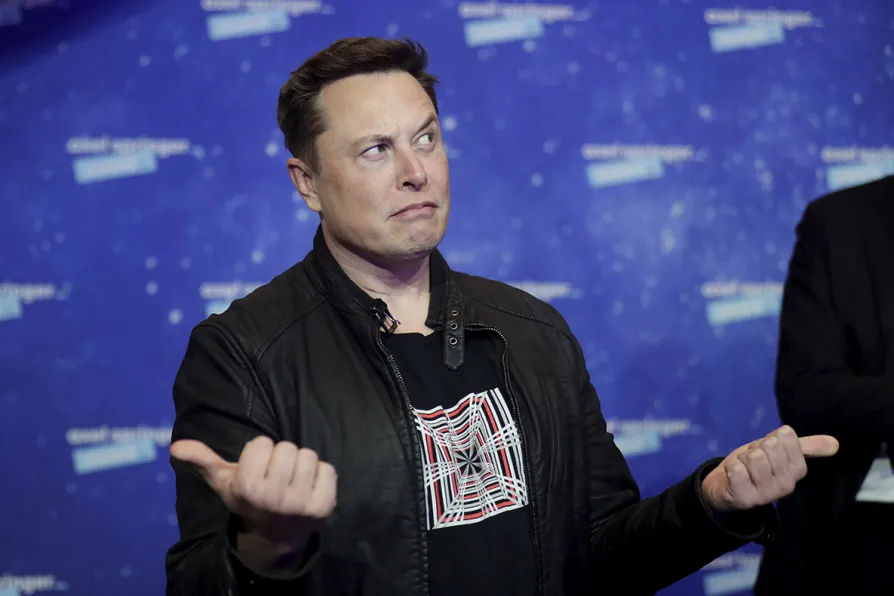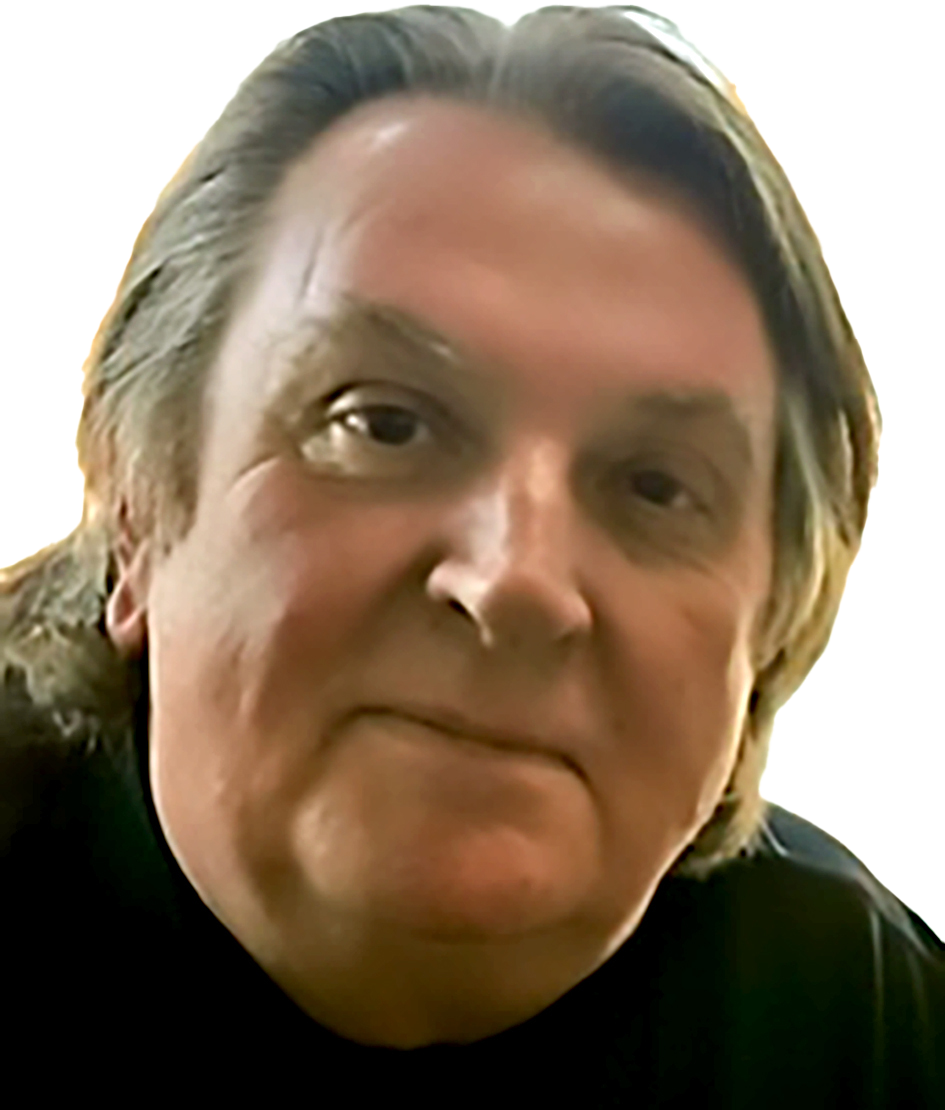John Wojcik pays tribute to a black US activist who spent six decades at the forefront of struggles for voting rights, economic justice and peace – reshaping US politics and inspiring movements worldwide
Musk on a collision course with Europe’s unions
Tesla and its maverick owner may have got away with anti-worker and anti-union practices in the US, but their new factory in Germany will be a different story, writes TONY BURKE

 SpaceX owner and Tesla CEO Elon Musk arrives in Berlin, Germany
SpaceX owner and Tesla CEO Elon Musk arrives in Berlin, Germany
WHEN Elon Musk, the billionaire owner of electric auto maker Tesla, landed his private jet in Berlin in November (unannounced, in the middle of Germany’s national lockdown) he tweeted he was there to recruit engineers.
“Recruiting ace engineers for Giga Berlin! Will interview in person tomorrow on site,” he wrote. Within minutes thousands of engineers replied seeking an interview.
Tesla, a hi-tech manufacturer, may attract many young and aspiring engineers and technical staff to their employment. But Musk is no fan of trade unions. Tesla workers in the USA have filed complaints about low pay and poor working conditions. Musk himself has opposed workers’ attempts to unionise.
Similar stories














